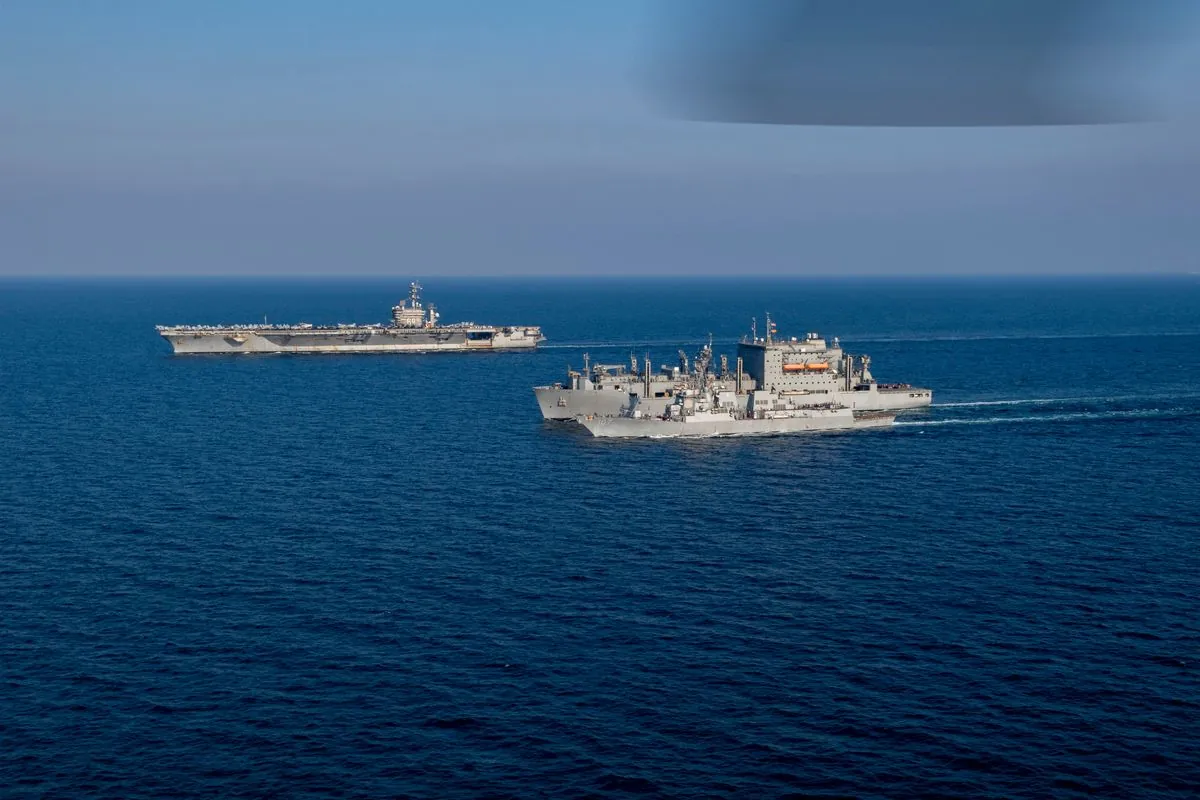In December 2023, Operation Prosperity Guardian (OPG) was initiated to counter Houthi attacks on commercial vessels in the southern Red Sea. However, the operation's failure to deter these assaults led to the launch of Operation Poseidon Archer by the US and UK in January 2024.
Despite these efforts, Houthi attacks have not only persisted but intensified and diversified. From an average of 2.5 attacks per week, recent weeks have seen a significant uptick. The rebels have expanded their arsenal, employing drones, cruise missiles, hijackings, and ballistic missiles. April 2024 marked the introduction of surface drones, with their usage steadily increasing since then.
The situation has forced shipping companies to reconsider their routes. Even Russian tankers, which could have traversed the Suez Canal, are opting for the longer journey around the Cape of Good Hope. This historic cape, first rounded by Portuguese explorer Bartolomeu Dias in 1488, is now witnessing increased maritime traffic due to the Red Sea crisis.
The Greek tanker Sounion's recent ordeal highlights the escalating dangers. Attacked four times on Wednesday, the ship was abandoned after a French warship from the EU's Aspides mission rescued the crew. The vessel, carrying 150,000 tons of crude oil, now sits precariously between Eritrea and Yemen. A potential oil spill could result in a disaster four times the magnitude of the infamous Exxon Valdez incident of 1989.
Surprisingly, EU ships are currently the only international presence in the area. The US, which once had 12 warships on station, including the nuclear-powered aircraft carrier USS Dwight D. Eisenhower, now has zero. The UK's brief deployment, which included the notable efforts of HMS Diamond, has also concluded without replacement.
"We are facing unprecedented challenges in maintaining our global naval presence. The decision to withdraw from the Red Sea was not taken lightly, but reflects our current operational constraints and strategic priorities."
This absence of US naval power in the Red Sea marks a significant departure from historical norms. The principle of freedom of navigation, deeply ingrained in the US Navy's ethos, appears to be taking a backseat in this critical maritime region. This shift comes at a time when the US Navy is grappling with various challenges, including potential layups of auxiliary support ships due to crewing issues and delays in submarine production.
The implications of this situation extend beyond military strategy. The Suez Canal, which handles about 12% of global trade, is vital to Egypt's economy. With canal traffic disrupted, Egypt faces potential economic losses approaching 2% of its GDP, which stood at $476.7 billion in 2022.
As the international community grapples with this complex situation, the world watches to see if the USS Theodore Roosevelt, currently in the Arabian Gulf, will move to the Red Sea to fill the void left by its predecessors. The outcome of this crisis could have far-reaching consequences for global maritime security and international trade routes.
